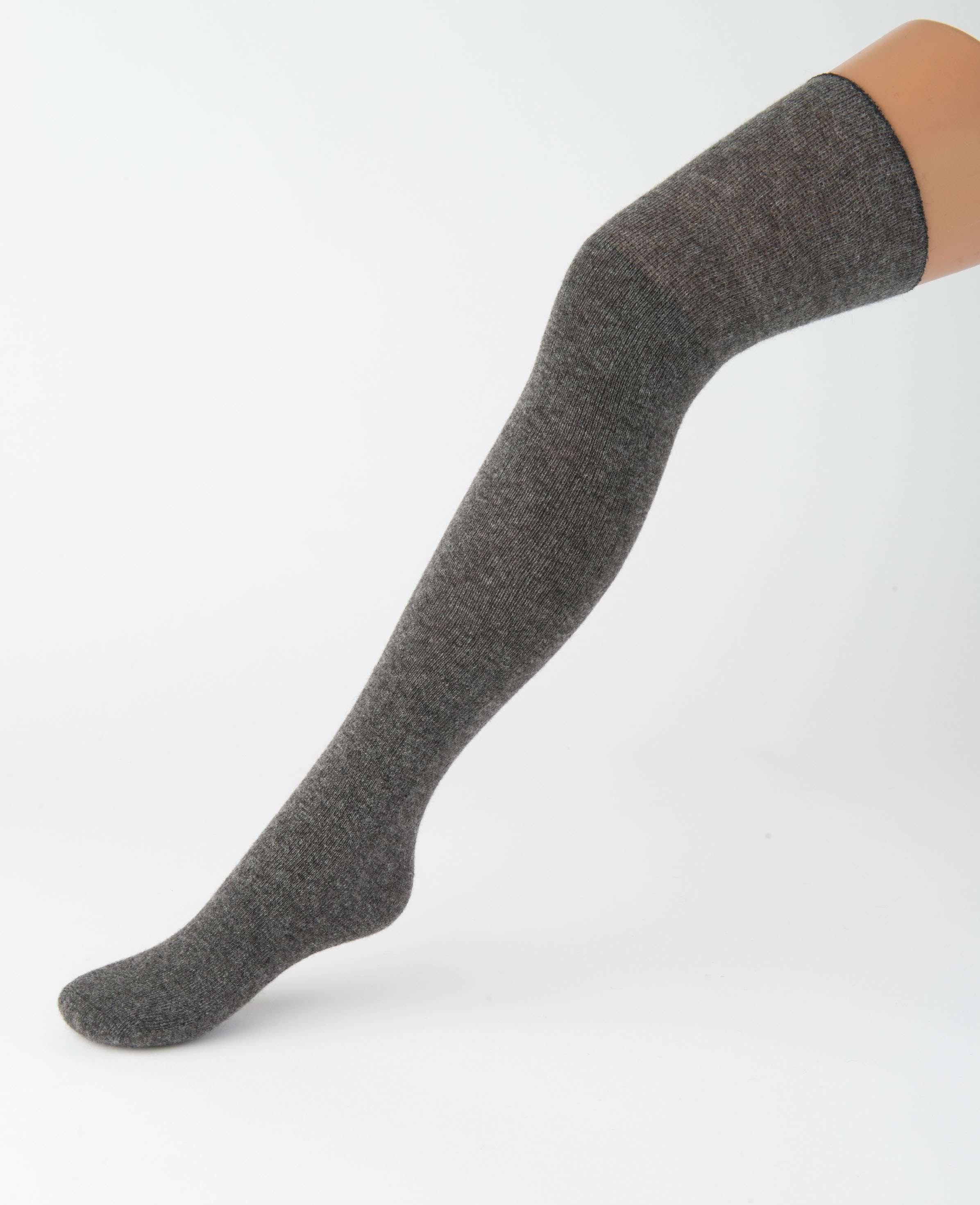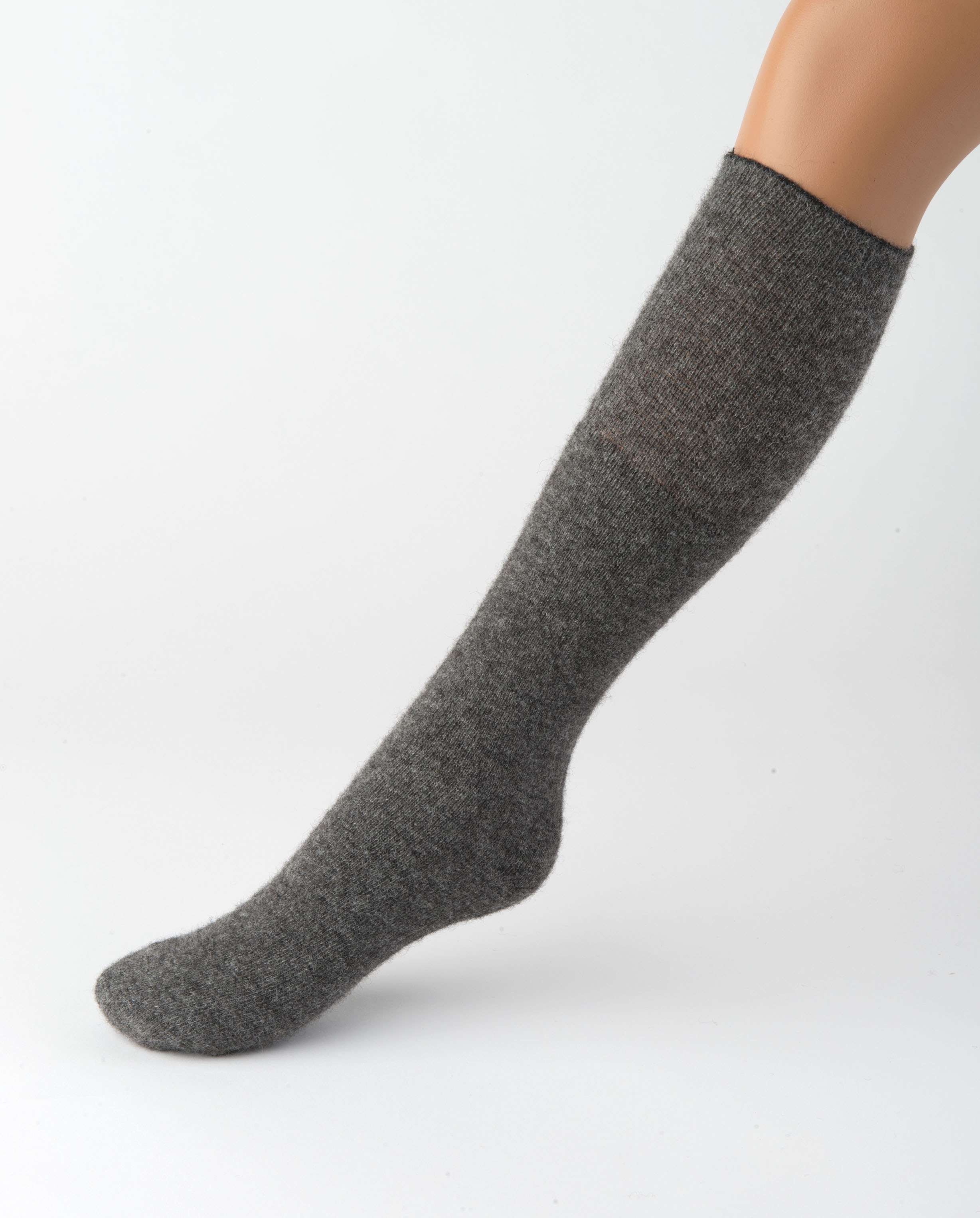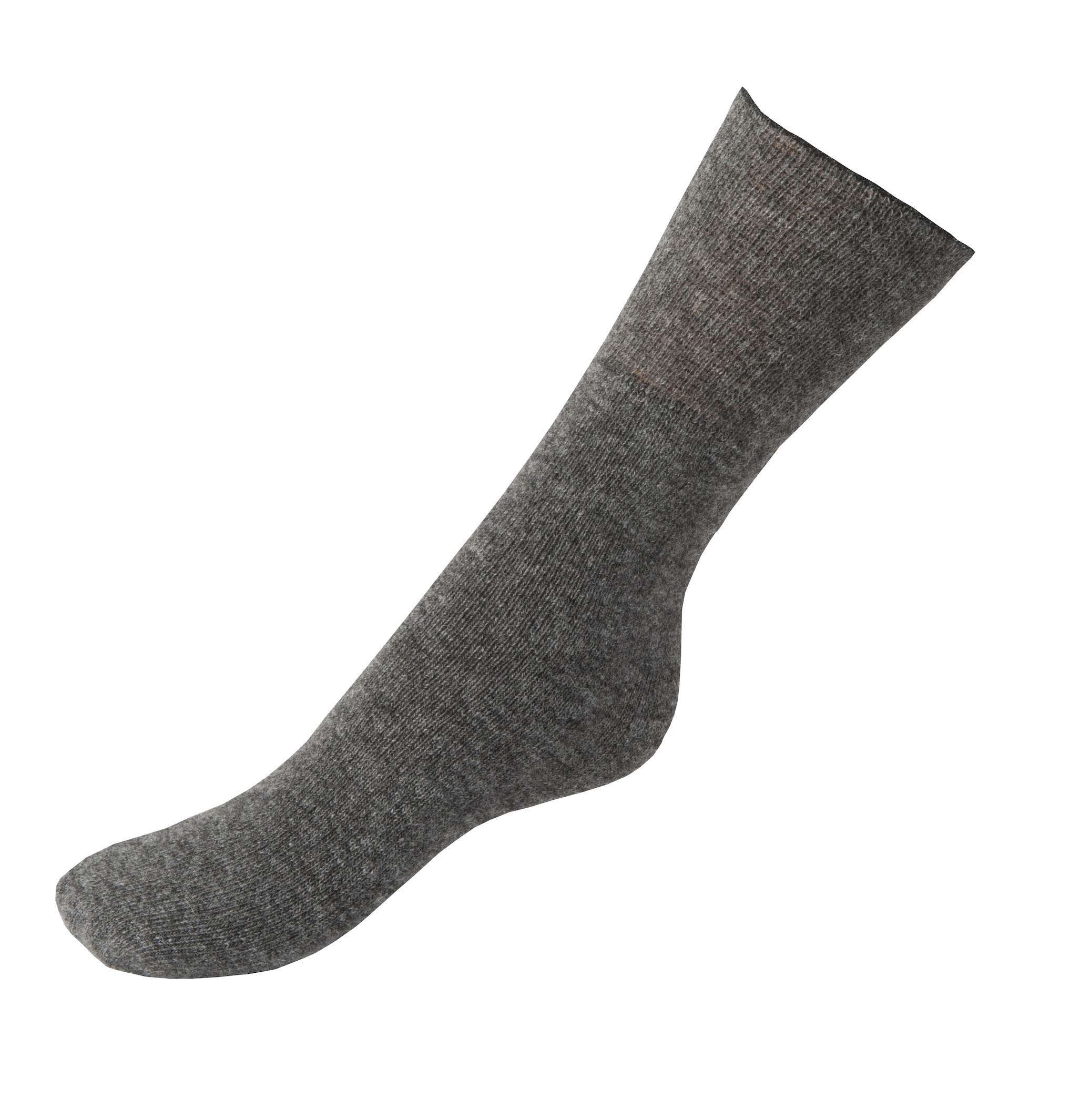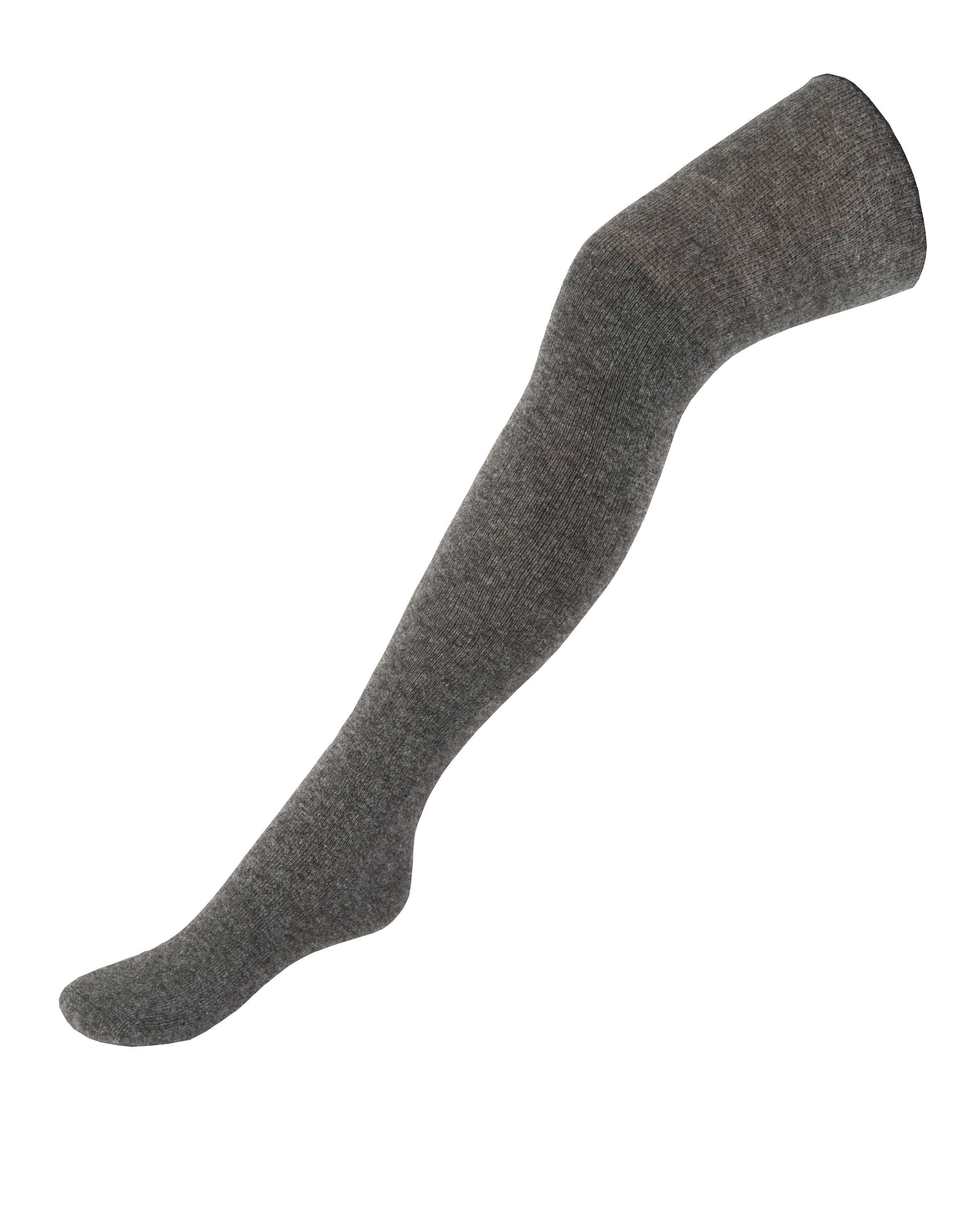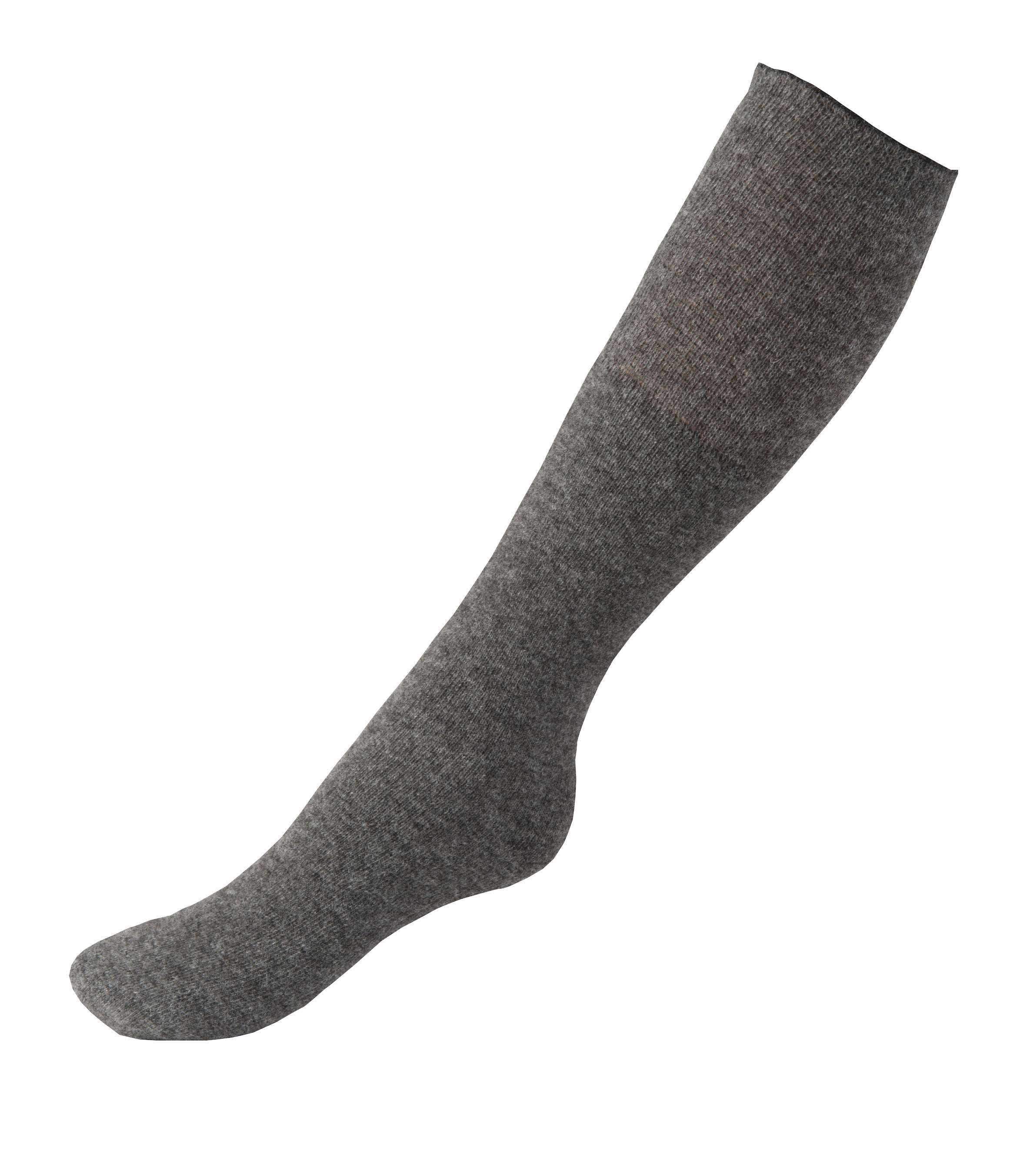For health and comfort everyday
People who benefit from warmth because their circulation is poor or unstable:
Arthritis (especially rheumatoid or osteoarthritis – warmth soothes joints)
Fibromyalgia (soft warmth reduces muscle pain and sensory sensitivity)
Chronic fatigue syndrome (ME/CFS)
Anemia (often causes persistent coldness)
Hypothyroidism (sluggish thyroid = cold intolerance)
Peripheral neuropathy (especially diabetic neuropathy – numb, cold feet/hands)
Post-stroke recovery (weakened limbs benefit from gentle warmth)
Heart disease or heart failure (poor circulation and temperature regulation)
Where warmth and comfort ease stiffness, spasms, or sensitivity:
Multiple sclerosis (MS) – helps with muscle tightness and nerve pain
Parkinson’s disease – reduces tremor-related chill and rigidity
Cerebral palsy (CP) – assists muscle tone regulation and comfort
Spinal cord injury – reduced blood flow or sensory function
Neuropathic pain – gentle warmth soothes hypersensitive nerves
People recovering from injury or needing structural support:
Joint replacement recovery
Bone fractures or sprains (while healing)
Post-surgical rehabilitation
Orthotic users (AFOs, KAFOs, braces)
Amputees (stump warmth, prosthetic comfort, phantom limb pain relief)
When skin is sensitive or immune response is weakened:
Eczema & psoriasis (alpaca is lanolin-free and non-irritating)
Sensitive or aging skin
Cancer treatment recovery (chemotherapy patients often feel cold and fragile)
Autoimmune disorders (like lupus, where cold triggers joint pain)
Allergies to lanolin or synthetic fibers (alpaca is hypoallergenic)
Even without illness, many people benefit from better warmth regulation:
Elderly individuals (slower metabolism and thinner skin)
Outdoor workers or those in cold climates
People with low body weight (less insulation)
Office workers with cold hands/feet from sitting long hours
Bedridden or immobile individuals
People recovering from illness or surgery
Because warmth isn’t only physical — it helps with well-being too:
Stress, anxiety, or depression (soft warmth provides calm and comfort)
Sleep disorders or insomnia (steady warmth improves rest)
Children or adults with sensory sensitivities (autism spectrum, ADHD)
Why they need warmth:
Premature babies are born before their bodies can regulate temperature effectively.
They have very thin skin and almost no body fat, so they lose heat quickly.
Keeping them warm is critical for survival and development, as even small drops in temperature increase stress on their heart and lungs.
Why alpaca is ideal:
Ultra-soft and hypoallergenic: no lanolin → no irritation for delicate skin.
Naturally thermal-regulating: keeps warmth without overheating.
Lightweight and breathable: perfect for fragile or medically monitored infants.
Moisture-wicking: keeps the baby dry and comfortable.

